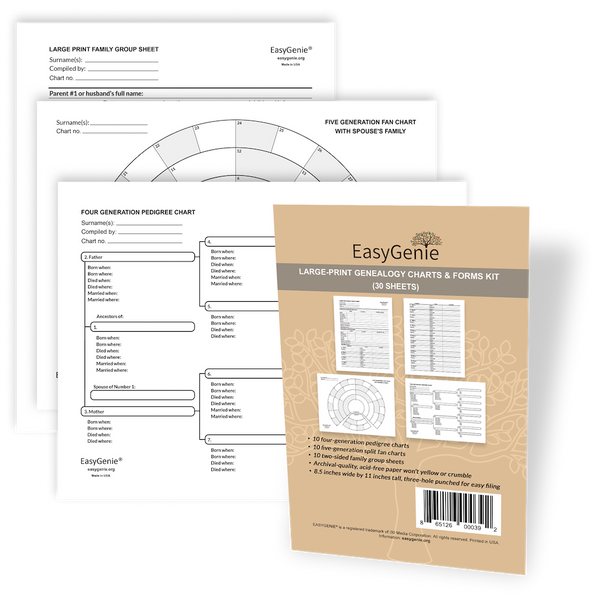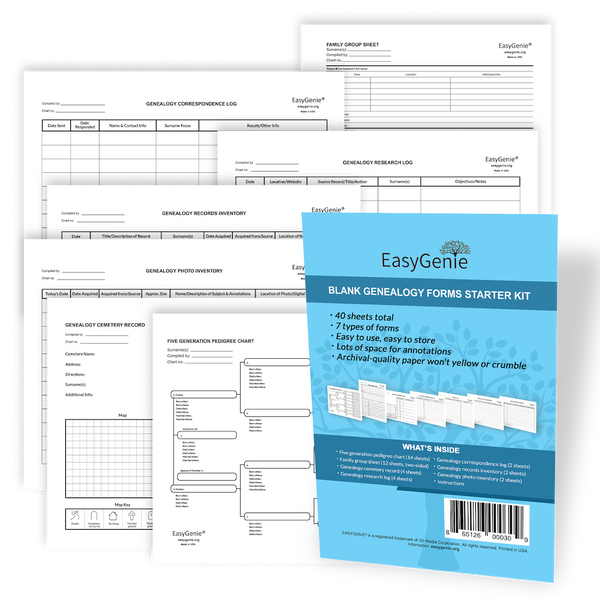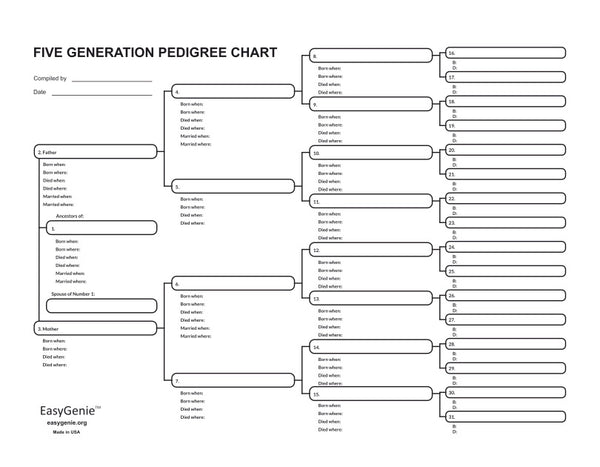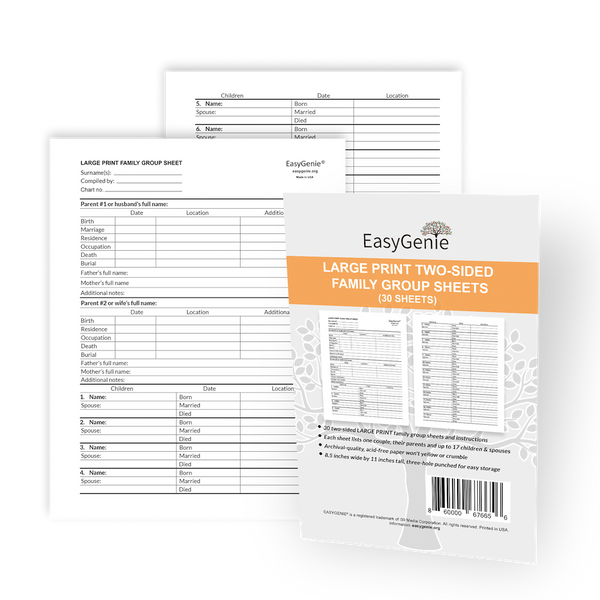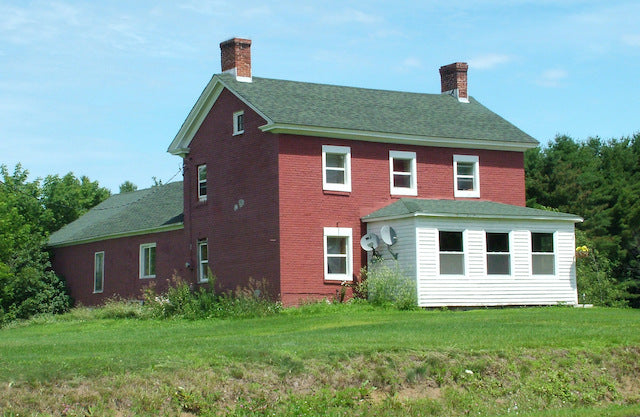
5 tips for successful genealogy road trips
Ian Lamont
Summer is here! For genealogists, summer often means going out on genealogy road trips to visit cemeteries, town halls, and relatives across the country.
The above picture is from a road trip I took a decade ago - the house was built by my great-great-great grandfather in the wilderness of Northern New York in the 1830s, not far from Lake Champlain and the Canadian border. Across the street is a small cemetery where some of our forebears are buried, which allowed me to verify birth and death dates for several ancestors from that branch of the family.
We're going to take another genealogy road trip later this summer, and we hope you do, too! We have five pieces of advice for genealogy road trips, borne from years of experience.
1. Bring a portable genealogy kit
On a genealogy road trip, you'll be in vacuum-cleaner mode, collecting all kinds of data that you can review and organize once you get home.
So, prepare a research kit that can fit in a daypack or briefcase. Blank genealogy forms, plastic folders or document protectors, a notebook, and archival-quality pens and pencils are typical items to include.
You can also purchase technology to help with gathering or copying data. Serious researchers sometimes bring portable scanners, but if that's too much, consider bringing along a good phone tripod to take quality photos. Make sure you know how to use your phone's camera, video camera, and audio recorder. Also, be sure your phone is charged up (and you have a backup power source) to take lots of pictures or capture interviews!
Remember: VACUUM CLEANER MODE!
2. Reach out to relatives
Visit relatives who may know family history or have access to special documents or photos. Older relatives are usually one or two generations closer to stories and memories that can help you connect the dots. You may also have information that they don't have, or will be happy to discuss and reminisce about.
Sometimes, small memories reveal critical clues that can help you expand your research or even scale a brick wall!
3. Checklist for visiting document archives
- Determine what's available, hours of operation, and costs/methods of payment.
- Vital records are often found in municipal offices, and may charge money for certified copies or archive searches.
- Libraries may have newspaper clippings on file, as well as out-of-print books covering local history.
- We've had great luck in the reading rooms of county historical societies, which sometimes include local veteran rolls from centuries past and donated personal documents, such as letters and even family trees.
4. Ask relatives to help with charts
We loved this piece of advice from one of our customers, who had this to say about EasyGenie pedigree charts and family group sheets:
"I bring them to family reunions, weddings, funerals, or anywhere my families are gathering. When I lay the charts out on the walls, people are drawn to them as expected. The charts are large enough for all to look and find their family and fill in their name and information that is asked for using pencil only. Then I take that information and transfer it to the Family Group Sheets. The family would ask questions and take pictures of the large charts. I just love to see the family gather around the Family Tree 🌲 and ask me lots of questions. I even have pictures of the ancestors that some never had or seen before."
5. Manners really do matter
Be friendly and polite, whether you're dealing with the town clerk, distant relatives, or complete strangers. No one likes dealing with pushy people, and some may be suspicious of out-of-towners asking lots of questions. Explain what you are looking for, ask permission before recording an interview or copying pictures from a private collection, and understand the rules and requirements for accessing special archives. A little humility and a smile goes a long way!



